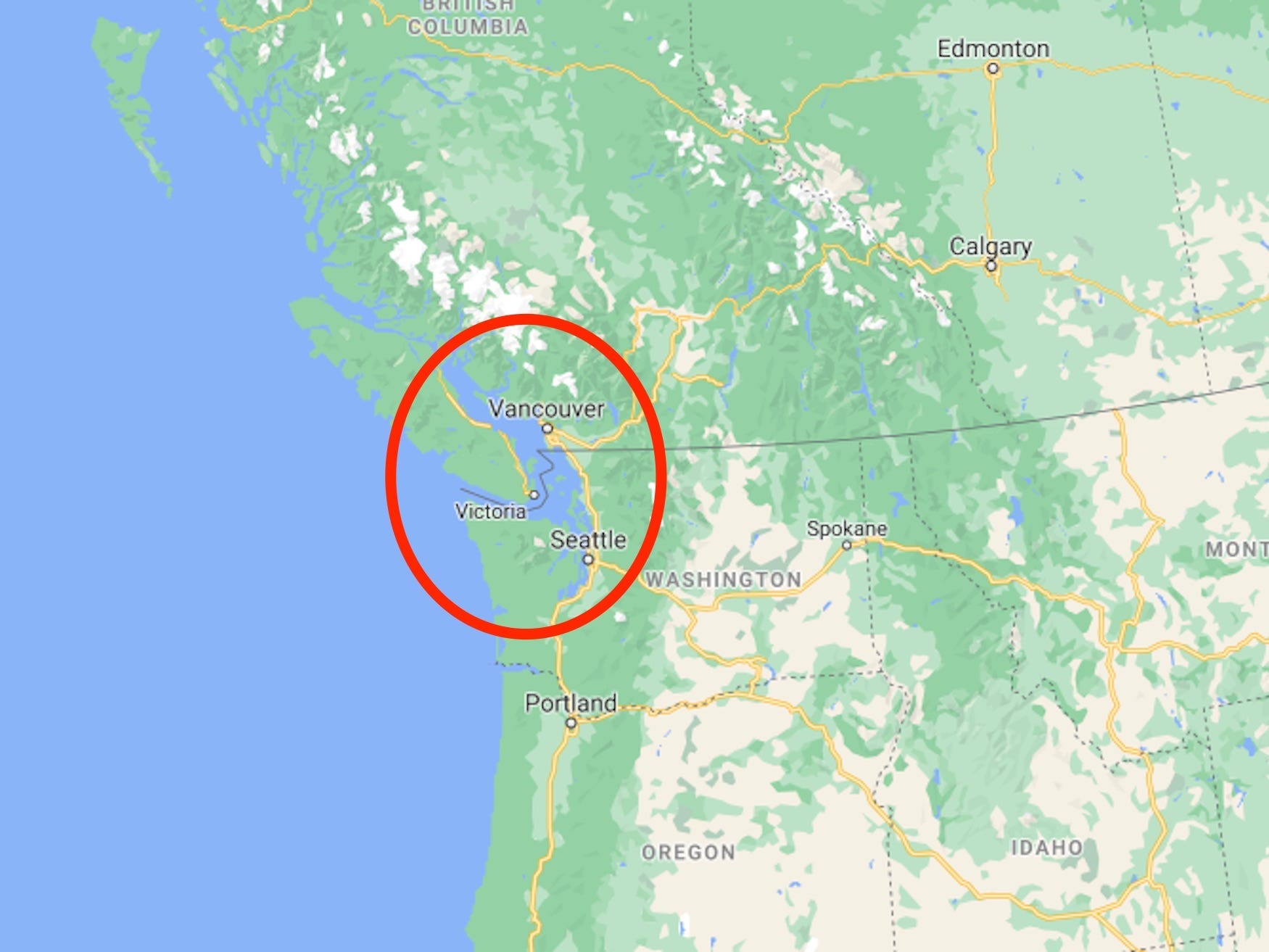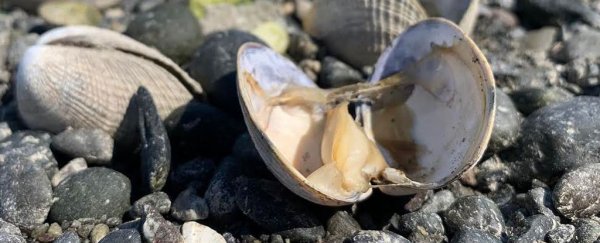Tens of thousands of clams, mussels, sea stars, and snails were found boiled to death in a Vancouver, Canada, beach during the country's record-breaking heat wave.
Chris Harley, a marine biologist at the University of British Columbia, was alerted to the deaths when he smelled a foul stench coming from Vancouver's Kitsilano Beach on Sunday.
He told Canada's CBC news network he was "stunned" to make the discovery.
View this post on Instagram
British Columbia hit record-high temperatures three days in a row in late June, hitting 121.3 degrees Fahrenheit (49.6 degrees Celsius) on June 29.
It is not clear when the shellfish died. Harley told the CBC that most intertidal animals can only bear a temperatures of up to 86 Fahrenheit; thermal imaging on June 28 showed that the temperature on the Vancouver coastline hit about 122 degrees.
Last week’s historic heat wave led to a mass mortality event for shellfish — the impacts could have effects for growers, tribes and tourism. Last week I went to see talk with those who got hit hard, one person described it like “a forest fire throughout the Puget Sound.” 1/ pic.twitter.com/Yqxq89tHS3
— Matthew Smith (@MattSmithFOX13) July 6, 2021
The death of these animals will temporarily affect water quality in the area as mussels and clams filter the sea, Harley said, according to CBC.
By calculating how many dead sea animals were found in a small area, Harley also estimated to CBC that more than a billion seashore animals living along the Salish Sea coastline might have died.
 The Salish sea, on the Western coast of Canada. (Google Maps/Insider)
The Salish sea, on the Western coast of Canada. (Google Maps/Insider)
This is not the first time a heat wave has killed shellfish. A 2019 heat wave caused the largest die-off of mussels in Bodega Head, a bay on the California coast.
The temperatures in Canada have been so intense that wildfires have been making pyrocumulonimbus, clouds that can generate tornadoes and lightning which can cause more wildfires, Insider's Aylin Woodward reported.
This article was originally published by Business Insider.
More from Business Insider:
